#historical fiction book recommendation
Text
Fiction At Its Finest In Pip Williams's The Dictionary Of Lost Words
I find myself lost for words to describe this beautiful book filled to the brim with incredible storytelling, compelling themes and symbolism, and, above all, a real sense of purpose and characterisation for our main character. Pip Williams’s The Dictionary of Lost Words is a masterful piece of work and I will put every persuasive word and thought into this review to convince you to pick it up if…
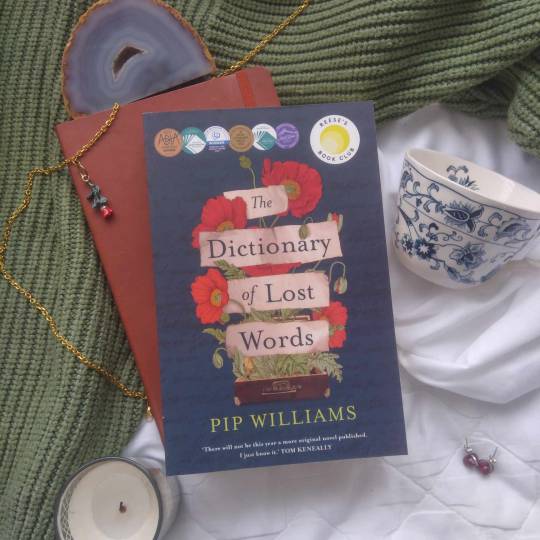
View On WordPress
#adult book recs#adult fiction#aussie authors#australian author#book review#Historical Fiction#historical fiction book recommendation#historical fiction book recs#historical fiction reads#historical romance#literary fiction#narrative structure#narrative style#pip williams#suffrage movement#the dictionary of lost words#women&039;s suffrage#ya fiction
0 notes
Text
The Ocean is terrifying!
Here are some book recommendations to prove it!


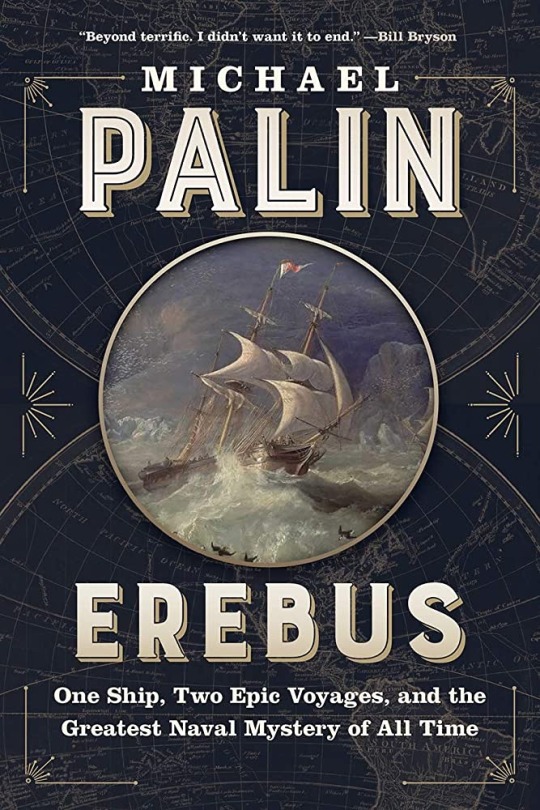



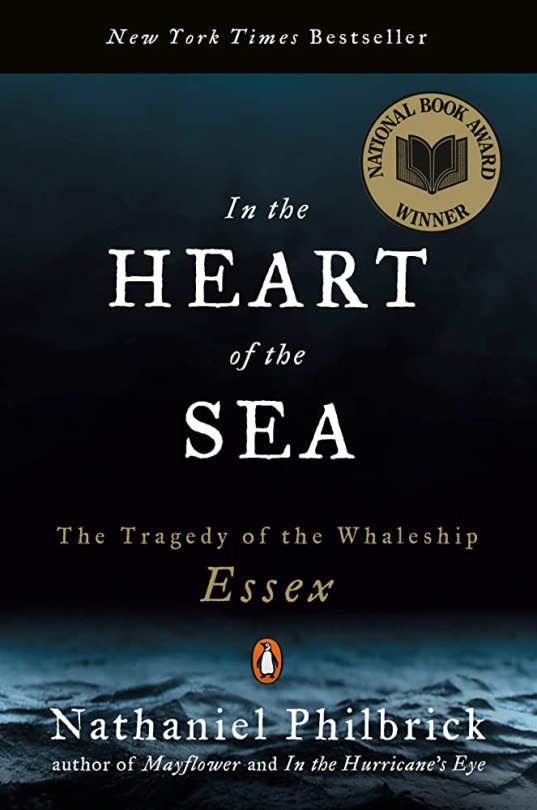

#book recommendations#book rec list#booklr#oceangate#the titanic#titanic#maritime disaster#book recs 2023#now that I have all of your undivided attention - read these!#they are a mix of fiction/historical nonfiction#but all still terrifying!
2K notes
·
View notes
Note
As much as I adore your (highly) interesting takes on medievalism and how it differs from what we actually know (or hypothesize) about the medieval period, I don't think I've ever asked: are there any books set in either the real middle ages or some fantasy approximation of the period that you WOULD recommend? They don't have to be "perfect" representations, obviously, but it would be nice to learn about any books that side-step the usual potholes. Thank you!
Hi, friend! A of all, thank you; B of all, there are and I would. From the following list it will become apparent that my criteria are idiosyncratic. Really, I think, the most important thing for my own enjoyment -- for any historical fiction, but especially for that set in the place/time I know best -- is that the work and its author are exploring the period as a way of opening up a conversation between past and present, rather than looking down on the past from the vantage point of the contemporary. This sententious prolegomenon concluded:
The Book Smuggler, Omaima Al-Khamis (eleventh-century Islamicate world, about knowledge and wisdom and religious intolerance)
Morality Play, Barry Unsworth (fourteenth-century England, about justice and law and vocation and community)
The Name of the Rose, Umberto Eco (doesn't need my introduction, hilarious and deeply poignant meta-meditation on the genre of the detective story, also on theological debates and the love of one's neighbor and the nature of fear)
Sword at Sunset, Rosemary Sutcliff (fifth-century post-Roman Britain, has some clichés, also some magic, but is so richly imagined and full of people I love. Also good dogs.)
Cadfael Chronicles, Ellis Peters (twelfth-century England; I was wondering why I love these so much and I think a lot of it comes back to how much Ellis Peters loved the particular place she lived/set the books in, and watching the changing of the seasons there, so that that close observation of time -- very medieval! -- is also central. Inequality isn't made invisible or grotesque here, either, and it's often one or the other in Fictional Medieval Europe.)
Isaac of Girona mysteries, Caroline Roe (C14 Spain, also whodunits, but I cannot resist including this charming series about a blind Jewish doctor and his beloved wife and his daughters and the orphan he adopts and his chess-playing buddy the bishop and and and....! It's great.)
The History of the Siege of Lisbon, José Saramago (C12/C20 Portugal, called "metafiction about the instability of history and the reality assumed by fiction" by Kirkus Reviews and... yeah!)
She Who Became The Sun, Shelley Parker-Chan (C15 Ming China, with ghosts, definitely fantasy rather than regular historical fiction, and on the cusp of early modernity, also so so interesting)
The Apothecary's Shop, Roberto Tiraboschi (C12 Venice, deeply weird -- affectionate -- and drawing on Calvino and gialli as well as medieval history; some inaccuracies about women and medicine but I still found it compelling and thought-provoking)
2K notes
·
View notes
Text
Not sure what my motive is here, but . . .
The results will not affect which books I post about, because I actually have to want to read them, but I'm dying to know who likes to suffer!
#please i really wanna see the discourse!#book recommendations#queer books#polls#queer#literary tropes#literary fiction#fantasy books#romance books#science fiction books#historical fiction#books#queer community
212 notes
·
View notes
Note
Hello there!
I've been wanting to read books on the Borgia family for a while, and I feel like you're the correct person to ask about this. Do you have any recommendations?
hiii! thank you for your question :) i often talk about sarah dunant as the best historical fiction writer about the borgia family because of how impressively she depicted their characters and gave them nuance and justice without hyping anyone at the expense of others (fascinating character intros, less yassificated portrayal of cesare borgia, and without the extremely unfair resorting to simplifying and taking personal jabs at juan borgia just for the sake of it) in her novel 'blood and beauty'. it also includes groundbreaking twists. now, i want to talk about emma lucas as the best biographer of the borgias. her work is a solid read, very unbiased without any manipulation of the letters about/between the siblings to push certain narratives (hello sarah bradford!!), well-researched, sheds light on the family's complex relationships and their rise to power, and is highly sympathetic to all of them. you won't be disappointed!!
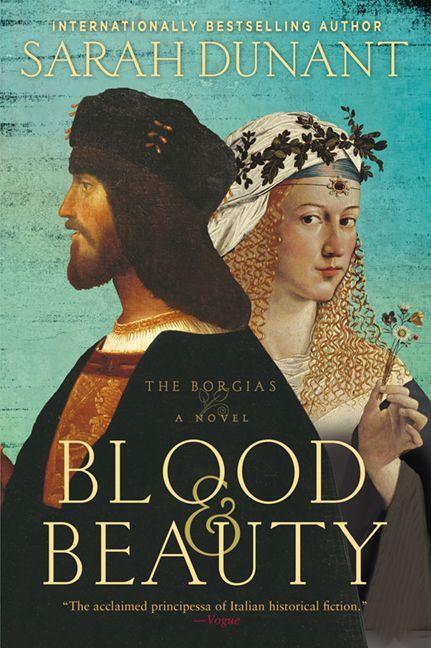
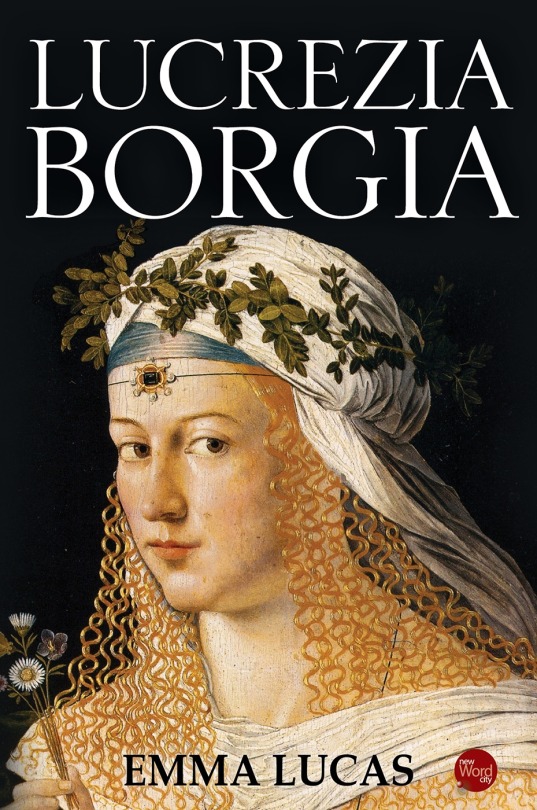
#maria bellonci's bio about the borgias also slaps as well (shares the same name as emma lucas's bio “lucrezia borgia”)#i also recommend it as one of the finest bios about the borgias#and for historical fiction...mario puzo's “the family” slaps as well and definitely not surprised bc dude wrote the godfather so...#thanks for your question <3#the borgias#history#literature#sarah dunant#the borgia family#borgia#emma lucas#book recommendations#books#book#historical#historical fiction#historical figures#juan borgia#messages
33 notes
·
View notes
Text
more historical fiction needs to be set in ww1. bonus points if you fag it up
#every time i check historical fiction books its like the year: 1943 and like OK geez#either ww2 era or like the 60s or 20s or some shit#can i PLEASE get a story set in the goddamn trenches of verdun thats mean and nasty about killing characters#sorry theres no easy “bad side” in that war ?? make the bad side the governments cuz thats what it was#my god. can i read about our protag watching some guy die horrifically from a gas attack#and then fuck one of the other soldiers to find any form of intimacy+comfort#read one book set in ww1 but it focused mainly on the russian revolution. still a good one i love u martha hall kelly#but they made this one random dude enlist in the air force and i was SURE he was dead walking corpse u know#but he SURVIVED i was mad. kill this bitch#pilots at a certain point in the war i wanna say 15-16 had such short life expectancies KILL HIM !!!!!#anyway if u have recommendations of queer ass ww1 books i will take them please and thank u#dont even have to be queer just want some all quiet on the western front type shit
37 notes
·
View notes
Text
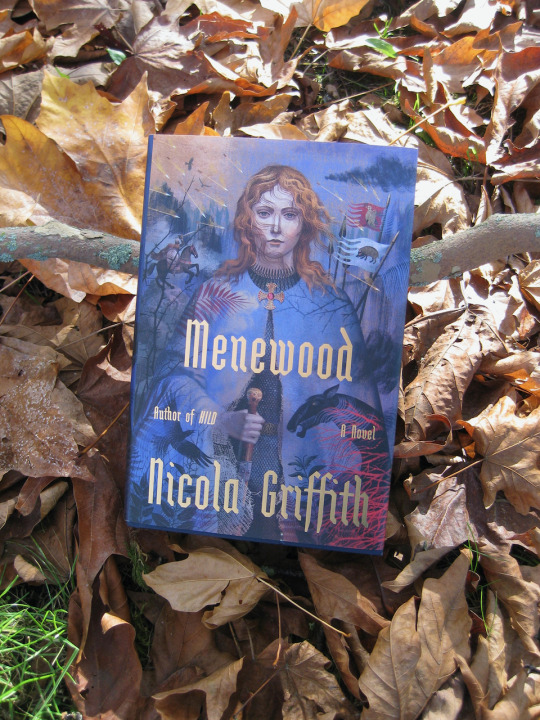
I waited ten years for Menewood and it was well worth it. The period details, the quiet moments, the portraits of daily life interspersed with epic moments, the way the politics and intrigue were portrayed, it was all as good as Hild, if not better.
Menewood picks up a few months after Hild ends and follows Hild's first few years of young womanhood. (So if you haven't read Hild, I suggest you do so. There's a lot of context and character you'll be missing otherwise.) Hild might have survived the politics and battles of her childhood, but that doesn't mean that the politics have ended, or that she'll survive the next peril. It's only a matter of time before there's another war, after all, and it's her responsibility to keep her and her own safe through it.
Griffith does a wonderful job balancing the tenseness of the greater story with the realities of daily life and personal lives. Food has to be harvested, buildings need repair, relationships need strengthening, travel often involves hours or days of horseback riding through countryside. It's rich and detailed (and makes for a slow read) but that also lends to the tenseness in its own way because you can see what's at stake and you know the sort of things that are likely coming.
Griffith also doesn't shy away from the fact that organizing an estate, navigating court politics, having a good marriage, and trying to avoid a war is a lot of pressure for an eighteen-year-old, especially one whose childhood was full of similar tensions. I was glad she made this part of Hild's story, because it lends another level to the character and makes explicit some things that often get glossed over both in the stories we tell of medieval life and those we tell about ourselves now. Seeing Hild grow into her own as an adult was marvellous.
Honestly, there's very little about this book I didn't like. The secondary characters are as vibrant and finely drawn as Hild herself. Griffith's writing is strong on a technical level and it's clear she's done an impressive amount of research. She's as good at a fight scene as she is at writing a feast or a forest walk. Watching Hild work out politics and what's coming is a lot like watching a master detective solve a mystery—you have all the clues too but she sees how they fit together.
I'd forgotten how much I enjoyed Hild until I started reading Menewood, actually. (Ten years will do that.) Then it was "yes, this book, this book is good, why am I the only person I know who's read it?" Please, I'm begging you, read these books if you like great historical fiction, if you like epic fantasy*, and especially if you enjoy both genres.
And if I have to wait another ten years for the end of the trilogy, it'll be worth it too.
* no, it's not fantasy, there's no magic, but it's not like Game of Thrones has a whole lot of that either.
#book reviews#book recommendations#historical fiction#menewood#nicola griffith#read in 2023#my photos#book covers#adult booklr#booklr#bookblr
63 notes
·
View notes
Text
10 books to read if you loved Babel: An Arcane History by R.F. Kuang
Disorientation by Elaine Hsieh Chou
The Secret History by Donna Tartt
Translating Myself and Others by Jhumpa Lahiri
Chums: How a Tiny Caste of Oxford Tories Took Over the UK by Simon Kuper
The Atlas Six by Olivie Blake
The It Girl by Ruth Ware
They Said They Wanted Revolution: A Memoir of My Parents by Neda Toloui-Semnani
Portrait of a Thief by Grace D. Li
The Dictionary of Lost Words by Pip Williams
Against White Feminism: Notes on Disruption by Rafia Zakaria
#babel#babel an arcane history#rf kuang#dark academia books#dark academia#light academia#poc dark academia#book recs#book recommendations#nonfiction#historical fiction#bibliophile#books and literature#translation#colonization#colonialism
841 notes
·
View notes
Text
Gave up on Cat Sebastian after seven books (I'll go back and try her 20th century period novels later since I'm told they might be better) and started reading KJ Charles's new Death in the Spires instead. Instantly grabbed by the heart, mind and balls (or whatever the female anatomy equivalent would be). No plodding, skimming or patience necessary. Already blown through 75 pages. If I had this much chemistry on every date with another human being I might actually marry them, and my jaded and divorced ass does not say that lightly.
It's a bit of a departure this time because it's a murder mystery set in the Edwardian era (which includes the 1890s for me personally bc if there's cars around Victoria is as good as dead) rather than yet another 19th century romance. The protagonist is queer and the vibe is def Be Gay Do Crimes but Charles has taken care to plaster everywhere that this is NOT a guaranteed HEA. Idk whether that means we're going to be left with an uneasy, reeling Agatha Christie ending or it just went without saying because why would a murder mystery have a HEA?
I'm really interested to see whether Charles can pull it off though. She's the kind of confident and intelligent plotter that makes you think could write clever whodunits, so this feels like putting her money where her mouth gave the impression it might be. The Christie vibes are hella strong in this one so far and the pacing is, as ever, a study in excellence.
Edit: what do you mean St. Anselm's is a fictional Oxford college?? There's entire fantasy franchises with less involved world building than what KJC gave this place??
#kj charles#death in the spires#historical fiction#queer historical fiction#historical mystery#historical murder mystery#queer media#book recommendations#book reccs#knee of huss
27 notes
·
View notes
Text
Review: The Spirit Bares Its Teeth
★★★★★ - 5 stars
"If violet-eyed men are a gift from God, violet-eyed women are an unfortunate side effect."

Andrew Joseph White's sophomore novel, The Spirit Bares Its Teeth is a Victorian-based, queer, fantasy-horror piece that divulges details about real-world issues, and tells a powerful tale of gore, ghosts and friendship. In a world where the veil between the living and the dead has thinned, we meet Silas Bell. We follow him as he attempts to escape an arranged marriage; is diagnosed with the mysterious 'Veil sickness' (that only effects people of violet eyes) and is shipped off to Braxton's Boarding School, where the ghosts of missing students plea for his help. All the while, Silas undergoes a powerful journey about identity, the power we weild and the importance of finding friendships with those who are of a similar mind to us. Throughout, White uses beautifully poetic writing to express profound ideas about the world we live in, such as Silas' feelings about his identity and the fear of death many are akin to. Even so, it remains a painfully sorrowful tale, and its depictions of medical gore are graphic, detailed and horrifying; it is certainly not for the faint of heart. The diversity in this book is outstanding with an autistic, transgender (female to male), bisexual main character and a transhet (t4t) relationship at its heart. The characters are authentic, multifaceted constructs that express feelings that many will relate to, and open your eyes to a completely new world-view. As this is a historically accurate Victorian novel, sexism, abelism and transphobia runs rife within the society we are presented with, and yet, Silas questions and denies these ideas perfectly and in a way that we can all learn from. Ghosts, boarding schools and missing girls in a terribly twisted society - The Spirit Bares Its Teeth has it all. An exceptional and spellbeing piece of literature: this is the perfect book for every horror lover out there to pick up from their local bookshop and to spiral down a rabbithole of reading.
#books#booklr#book blog#book reccs#readblr#book recommendations#books and reading#bookblr#bookaddict#bookworm#transgender#transmasc#transfem#t4t#transhet#lgbt#bisexual#queer#lgbtq#lgbtqia#historical fiction#fantasy#ghosts#spirits#paranormal#supernatural#the spirit bares its teeth#andrew joseph white#silas bell#daphne luckenbill
28 notes
·
View notes
Text
thrifted bookish finds 26/feb/24

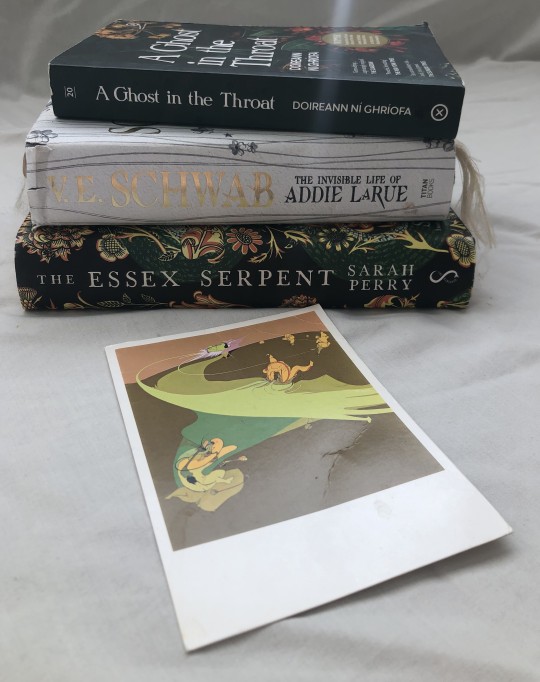
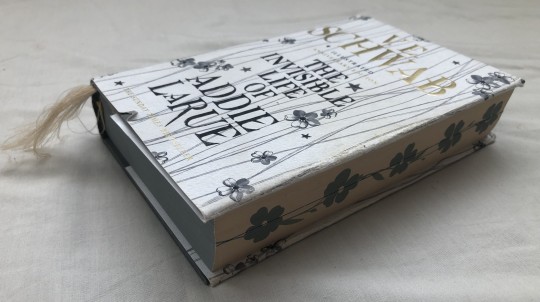
Three books and one postcard that i found inside one of them:
The Essex Serpent by Sarah Perry.
A Ghost in the Throat by Doireann ni Ghriofa.
The Invisible Life of Addie LaRue by V. E. Shwab.
Was not ever interested in reading 'The Invisible Life of Addie LaRue' right up until I came across the sexiest copy of a novel I've ever seen. it looks like some Fairy Crate edition or something. Very pretty, and a pretty book always makes it easier to read regardless of the whole 'never judge a book by its cover' thing.
#books#light academia#reading#literature#academia#lit#irish literature#the invisible life of addie larue#v e schwab#fantasy books#book reccs#book recommendations#bookblr#booklr#nejj bookblr#book haul#thrift store finds#book blog#historical fiction#fiction
24 notes
·
View notes
Text
The Girl With The Red Hair is a Historical Fiction Must-Read
After being recommended this by my aunt (thank you very much Aunty G) I have found a renewed interest and love for WWII stories. I previously found the titles I’ve picked up to be a little too removed from the action or the protagonists were too naive and ignorant to their surroundings. The Girl With The Red Hair is anything but and furthermore it is a quick-paced, action-packed read centred…

View On WordPress
#adult book recs#adult fiction#book review#buzzy jackson#Historical Fiction#historical fiction book recommendation#historical fiction book recs#historical fiction reads#the girl with the red hair#war fiction#war stories#WWII fiction#ya fiction#ya historical ficiton
0 notes
Text
Even Though I Knew the End by C.L. Polk

Today's sapphic book of the day is Even Though I Knew the End by C.L. Polk!
Summary: "A magical detective dives into the affairs of Chicago's divine monsters to secure a future with the love of her life. This sapphic period piece will dazzle anyone looking for mystery, intrigue, romance, magic, or all of the above.
An exiled augur who sold her soul to save her brother's life is offered one last job before serving an eternity in hell. When she turns it down, her client sweetens the pot by offering up the one payment she can't resist―the chance to have a future where she grows old with the woman she loves.
To succeed, she is given three days to track down the White City Vampire, Chicago's most notorious serial killer. If she fails, only hell and heartbreak await."
#lesbian#sapphic#wlw#queer#lgbtqia#lgbtq#lgbt#books#book recs#booklr#book recommendations#fantasy#historical#historical fiction#speculative fiction#even though i knew the end#cl polk#c.l. polk
309 notes
·
View notes
Text
First book I finished in 2024
The Glutton by A K Blakemore is a historical fiction novel; a reimagining of the life of the real French soldier Tarare who was said to have an unfathomably large, at times inhuman appetite. This was the first book I finished in 2024, and I finished it in two days over two long sessions. I'm normally anything but a fast reader and I actually haven't finished any of the last three books I purchased before this. My attention is fleeting, hard to be captured and easily lost.
The Glutton captured and held my attention for the entirety of its length.
I had never read anything by A K Blakemore before, so I didn't know what I was in for, but I was immediately charmed by her style. I don't often enjoy flowery language and poetic prose, but somehow, it really worked for me here. The story of Tarare is a gritty, gloomy and at times disgusting one, but even the darkest parts of this book are told in a narrative voice so beautiful that it makes them seem idyllic. This deeply unsettling contrast had me absolutely engrossed until the end, and when I had turned the last page, I was genuinely sad that it was over. Which made for a weird mix of emotions, given how disturbing the subject material was at times.
And I have to underline that it was, indeed, disturbing.
I have consumed a lot of dark literature and am very desensitized. Most of the time, I don't enjoy horrific fiction because the elements contained within strike me as senseless, gratuitive and void of substance. I didn't have that feeling with The Glutton. There was a lot of grittiness, yes, but it was never just for “the effect”. Every time the writing made me feel uneasy, it directly related to the inner world of the protagonist and the circumstances of his life, the current time period and its hardships. And even if it didn't have any kind of meaning, it was still told in such stunning prose that it almost felt romantic. Again, none of the things that happen in this book are comforting or beautiful, but with the way they're being told, it almost deceives you into believing they are.
Another thing that I loved about this was that the prose never seemed overdone or pretentious. It was more like a steady ebb and flow perfectly tailored to any given point in the story. It never seemed out of place or ill-fitting while at the same time being VERY MUCH out of place and ill-fitting, but it was always intentional and highly effective.
After I finished this book, I felt genuinely empty, and I just knew I was going to miss it. Now, a week or so later, I do. I really feel like this book is something special, and I'm definitely going to pick up The Manningtree Witches (also by A K Blakemore) as soon as I get around to it. The Glutton was not only a huge joy (though joy might not be the best word for it) to read, it actually made me want to read more. That's also why I wrote this review in the first place. I hope more people check this out and like it as much as I did.
#historical fiction#book review#dark literature#bookblr#book recommendations#histfic#disturbing#books and novels#amazing book#a k blakemore#a. k. blakemore#the manningtree witches#the glutton#the glutton review#spoiler free
21 notes
·
View notes
Text
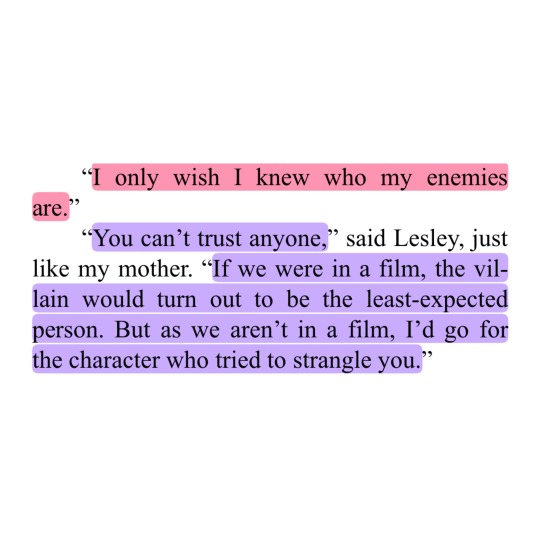
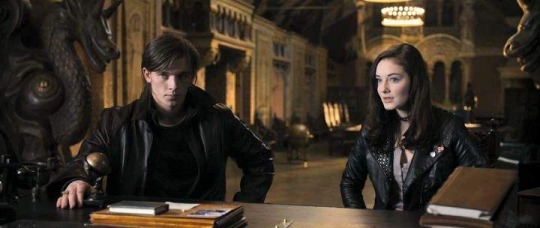
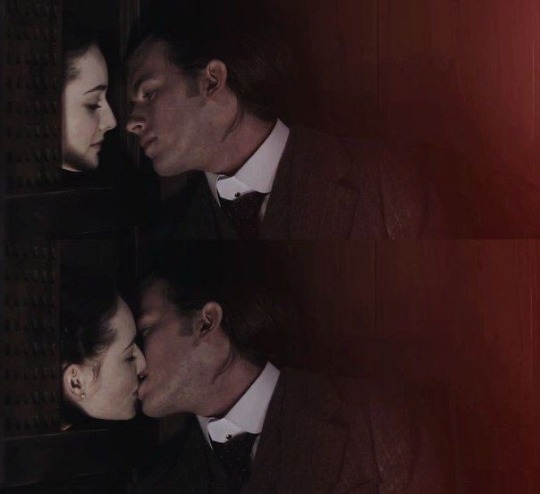
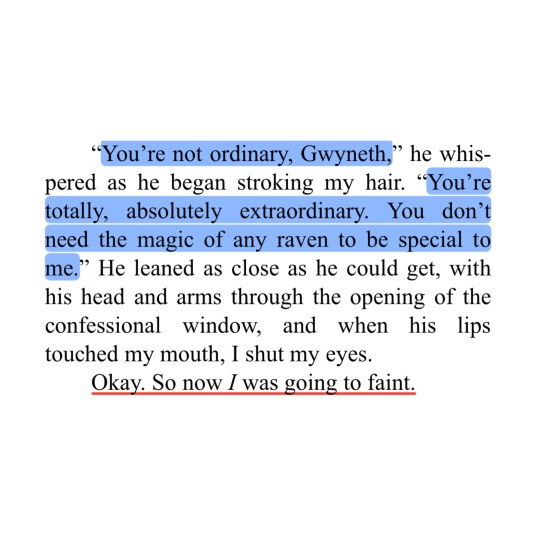
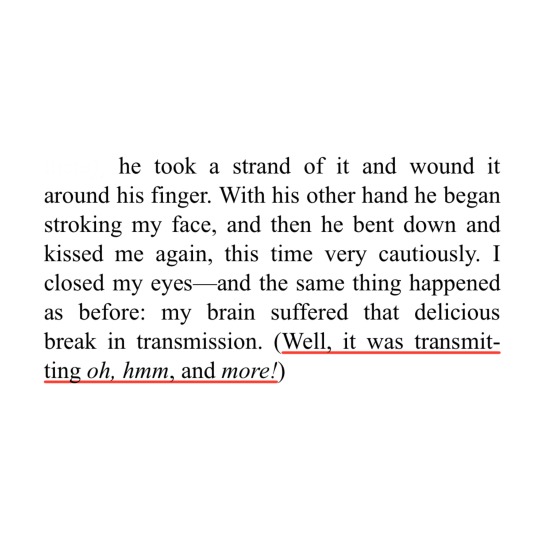
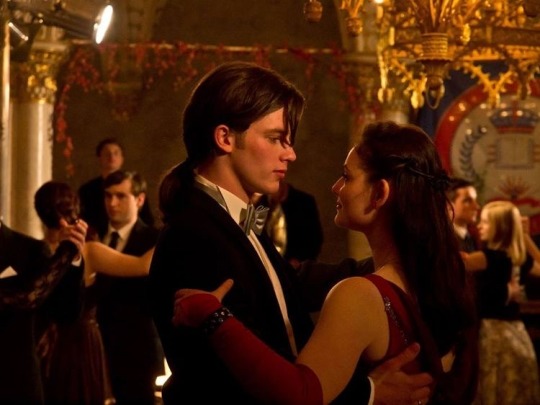
📖: 𝑹𝒖𝒃𝒚 𝑹𝒆𝒅 (𝐸𝑑𝑒𝑙𝑠𝑡𝑒𝑖𝑛-𝑇𝑟𝑖𝑙𝑜𝑔𝑖𝑒 #1) 💎⏳
✍🏽: 𝐊𝐞𝐫𝐬𝐭𝐢𝐧 ��𝐢𝐞𝐫
Get the book! 🌟
#ruby red#kerstin gier#gwendolyn shepherd#gideon de villiers#gwen x gideon#gwen and gideon#time travel#time travel romance#enemies to lovers#historical fiction#fantasy romance#books recommendations#new books#libros recomendados#libros#frase libro#booklover#book couples#booknerd#couple aesthetic#historical fiction romance#young adult#hate to love#rubi#rubinrot#piedras preciosas saga#part of a series#science fiction romance#paranormal romance#young adult fantasy
75 notes
·
View notes
Note
okay i know you've mentioned/answered this a million times but i would love to get your top recommendations for borgias published books and content.
i haven't really ventured into those selections but i really want to take the leap into that realm and buy/borrow some books and read them..!
(also i'm curious if you read many fanfictions for the borgias, and if so do you have any good recs?)
💞
hi <33! no worries at all! i love being asked questions about everything related to the borgias, as i get very enthusiastic about them. now, let's start with my favorite borgias biographies:
maria bellonci's 'lucrezia borgia' because i'm very obsessed with accuracy and avoiding cliché biased narratives. it's such a solid read really! it also portrays lucrezia in a way that i've always believed she was—a completely misunderstood woman who is a pawn in the power and ambition games of her father and brother. but deep down, she's just a silly, pretty poetry lover who's guilty by association. this book also debunks cesare's supposed "jealousy" towards juan as the shows how much he loves him (based on the letters to each other) and that rodrigo has always loved his children equally, which is a cherry on top lol.
emma lucas's 'lucrezia borgia.' while it's not entirely accurate because it satisfies my beloved (but not accurate) 'lucrezia is a femme fatale and not saintly' narrative (which i love, by the way), i'm fascinated by how it unexpectedly delves deep into her family, especially rodrigo, cesare, and juan. it also provides great anecdotes about the characters so there's that. despite having negative reviews, the biography is actually very well-written and highly entertaining! fuck the gossip!
christopher hibbert's 'the borgias and their enemies.' for some reason, i keep forgetting to recommend this book to my friends. i tend to get easily investedwith any borgia book that focuses on the pope and his children, providing narratives without forcing you to choose what to believe. the author obviously conducted extensive research before publishing it because when reading a biography (not historical fiction), i prefer to avoid biased perspectives that can be heavily misleading. i also appreciate the fact that machiavelli (and other important figures) plays an important role in this biography because i'm always excited about him.
ferdinand gregorovius' 'lucretia borgia according to original documents and correspondence of her day'. it's also a very unbiased excellent piece of history that is full of validated source. and i just adore how the author is pro-lucrezia as well.
samantha morris' 'cesare and lucrezia: brother and sister of history's most vilified family' is also well documented and well researched! while cesare was given more depth than lucrezia, still, lucrezia's character in this biography is more colorful. obviously the most popular narrative for the borgia family is them being incestuous, corrupt and violent, a family to be feared, but the author suggests otherwise as she sets out to prove this is not the full story and she does make a good argument! as she detailed how they've been portrayed by mainstream media as well as detailing what happened to their descendants.
sarah bradford's 'lucrezia borgia.' okay, so this one isn't a favorite of mine, but i'd recommend it to you or anyone who's a huge fan of ceslu. it's written like a love story biography exclusively about them. while i like how she wrote about ceslu, i heavily dislike how she wrote about juan and rodrigo and how she portrayed them based on narratives from the family's enemies. the author also manipulated a letter about the envoy boccaccio, which is supposed to praise both brothers. but instead, the author just one-upped him with cesare by dunking on him, which i personally find lame and intensely inaccurate since juan borgia was pretty much loved by his wife, his family, and his friends based on the retrieved documents and letters. that being said, i do enjoy the ceslu parts, of course, and i believe any fan of showtime's 'the borgias' who ships ceslu would enjoy this book and its fluent writing and can easily ignore the negatively inaccurate narratives about the other members of the family.
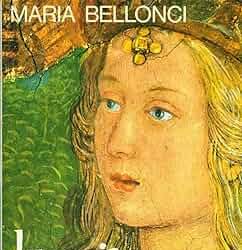
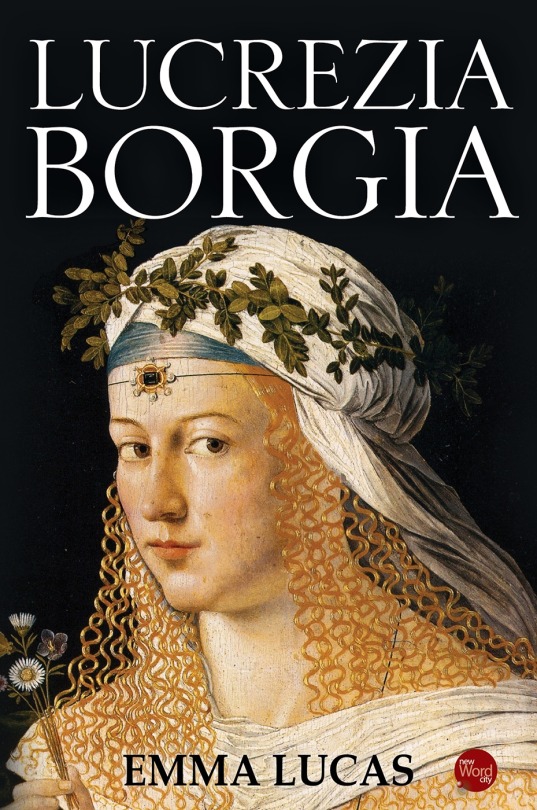
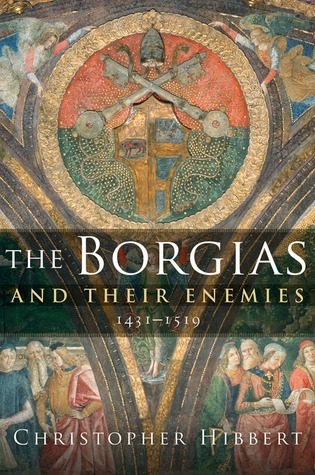
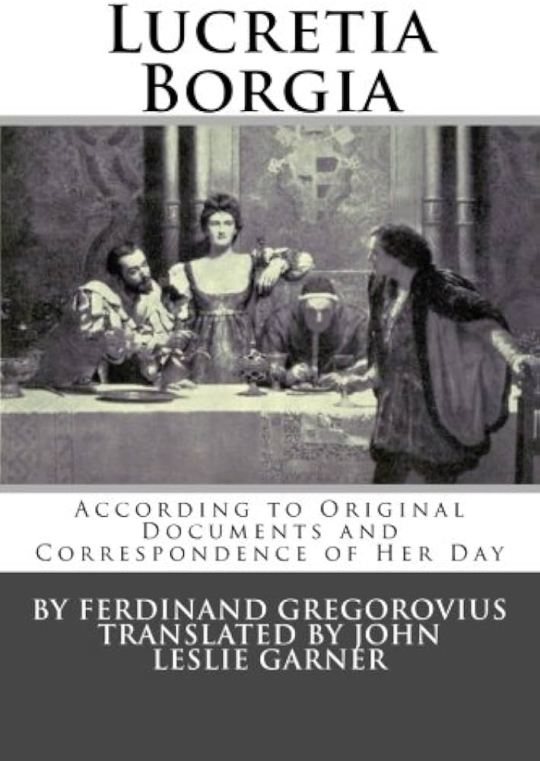
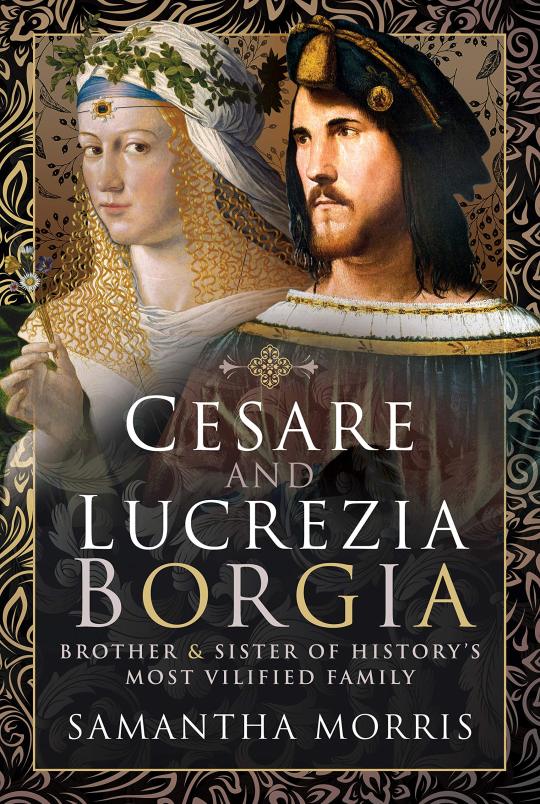
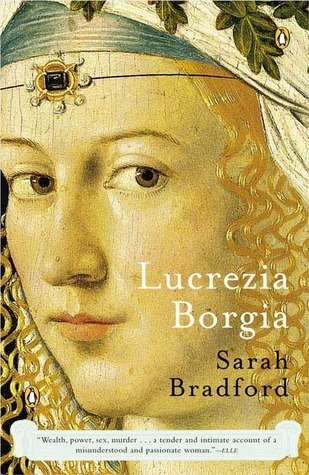
that's all for the biography books! now let's start with historical fiction:
sarah dunant's 'blood and beauty'. one thing about me is that i'm never gonna stop praising this book because it is absolutely my favorite historical fiction book about this extraordinary family! again, i get so invested in any book when the author does extensive research. also, if you're looking for a book about this family that reads like an episode of showtime's 'the borgias,' then this book is your go-to! full of interesting dynamics, and yes, cesare is as cruel and megalomaniacal as history and machiavelli portrayed him, lucrezia as a victim of her father and brother's political ambitions game, and juan as the flawed kid who was eventually sunk deep when he got dragged into his father's ambitions game. while the book doesn't provide a deeper exploration of the characters' psyche, it's more focused on the story by making it very engaging and sheds light on their complex relationships and their rise to power. and every character is highly sympathetic as the author brilliantly humanizes them. in short, it is emotionally intriguing and a must-read for the borgias enjoyers.
mario puzo's 'the family'. you know, i wasn't even surprised a bit that this book's writing and story being groundbreaking because after all, it is written by the author of 'the godfather'. the family is such a compelling book, such tender writing when it comes to lucrezia and cesare. the story becomes intriguing the more you read. i also loved puzo's portrayal of rodrigo as this family man who deeply loves his children yet he uses them as pawns (which is also similar to jeremy irons' portrayal). while i gotta criticize that the characters have no depth and his version of lucrezia as this damsel angel for her father and brother is, uhhh… quite boring. i like her when she's multilayered lol. i also think the way he tried to present cesare and give him the "from zero to hero" trope in order to make him relatable is also lame because cesare's success as a historical figure is because he was calculating and wicked, and definitely not a bitter loser. i mean, i could absolutely ignore the bitterness part, but at least françois arnaud's cesare added so many layers and swag in the characters, therefore you could ignore it. but i can overlook all that when there's an engaging story and great writing, no matter what the characterizations are like. so overall, it's impressive and entertaining, and you will definitely enjoy it.
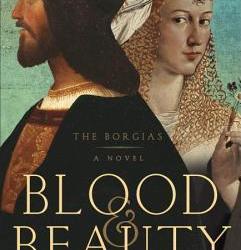
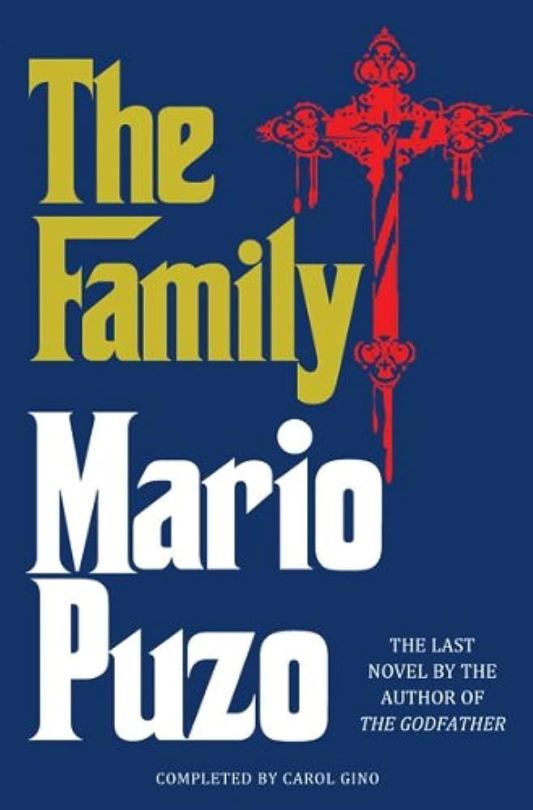
regarding fanfiction; i'm sorry but i never read any because i feel quite satisfied by all 'the borgias' show canon that we have and all these historical books. i wish i could help with recommending fics :/
thank you very much for the question, and i hope this post answers it. have a great day 💕🫶
#silvermars 💌#loved answering this one!#book recommendations#the borgias#biography#historical drama#historical fiction#historical figures#renaissance#house of borgia#lucrezia borgia#cesare borgia#juan borgia#rodrigo borgia#mario puzo#sarah bradford#text post
25 notes
·
View notes